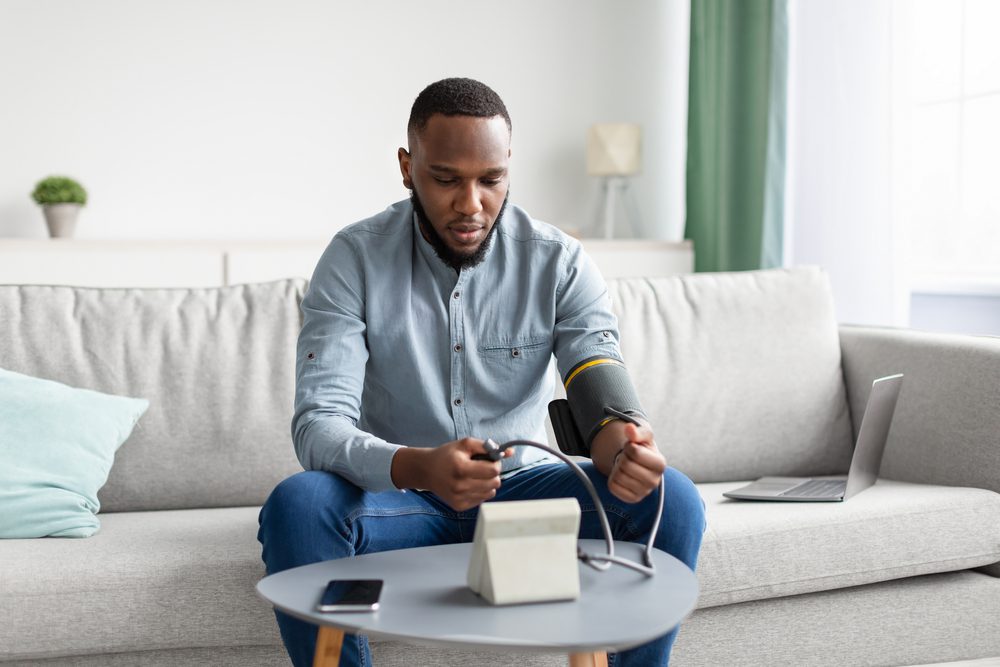Maintaining optimal blood pressure is a pivotal component of overall health, particularly for men who often find themselves grappling with the intricacies of this physiological parameter. The administration of prescribed blood pressure medication — while undoubtedly essential for regulating cardiovascular health — often introduces a myriad of side effects that can significantly influence the routine aspects of daily life. In the subsequent discourse, we shall delve into the multifaceted realm of common side effects associated with blood pressure medication in the male demographic, elucidating their potential implications and proffering pragmatic counsel on adaptive strategies to mitigate their impact.
As individuals embark on the journey of managing their blood pressure, it becomes imperative to comprehend the intricacies of the medications designed to maintain or regulate this vital physiological parameter. The acknowledgment of potential side effects is an integral facet of this awareness, as it empowers individuals to make informed decisions regarding their health.
It is not uncommon for men undergoing blood pressure treatment to encounter an array of side effects, ranging from mild nuisances to more pronounced challenges that may impact various dimensions of their daily lives. These side effects can manifest in diverse ways, encompassing physical, psychological and even emotional realms. From dizziness, fatigue and headaches to more nuanced concerns like changes in libido or mood fluctuations, the impact of blood pressure medication extends beyond the cardiovascular system.
Recognizing the significance of addressing these side effects, this article endeavors to furnish practical insights and tips to empower men navigating through this terrain. By incorporating lifestyle modifications, dietary adjustments and potential alternative approaches, individuals can strive to strike a balance between the necessity of managing blood pressure and the preservation of their overall well-being.
In the subsequent sections, we will dissect specific side effects, elucidate their underlying mechanisms and offer tailored recommendations for mitigating their impact. From fostering an open dialogue with health-care providers to embracing holistic approaches that complement pharmacological interventions, the goal is to provide a comprehensive guide for men to navigate the complex landscape of blood pressure management with resilience and informed decision-making.
Understanding Blood Pressure Medication Side Effects:
Blood pressure medications, while effective in controlling hypertension, can lead to side effects that vary from person to person. Common side effects include dizziness, fatigue, headaches and changes in sexual function. Men need to recognize these potential issues and work with their health-care providers to find suitable solutions.
Tips for Managing Side Effects:
1. Communication with Health-care Provider:
Open communication with your health-care provider is crucial. If you’re experiencing side effects, don’t hesitate to discuss them during your appointments. Your doctor can adjust the dosage or prescribe an alternative medication to alleviate adverse reactions.
2. Timing of Medication:
Some side effects, like dizziness, may be more pronounced immediately after taking the medication. Experimenting with the timing of your doses, under the guidance of your healthcare provider, can help minimize these effects. Taking medication with food may also be beneficial.
3. Lifestyle Adjustments:
Adopting a healthy lifestyle can complement your medication and mitigate side effects. Regular exercise, a balanced diet rich in potassium and magnesium and stress-reduction techniques like meditation can contribute to better overall well-being.
4. Monitoring Blood Pressure at Home:
Keeping track of your blood pressure at home can provide valuable insights into how your body is responding to the medication. Share this information with your healthcare provider to guide any necessary adjustments.
5. Stay Hydrated:
Dehydration can exacerbate certain side effects. Ensure you’re drinking an adequate amount of water throughout the day. However, be mindful of any fluid restrictions your healthcare provider may have recommended.
6. Addressing Sexual Side Effects:
Sexual side effects are common with some blood pressure medications. If you’re experiencing issues in this area, discuss them openly with your healthcare provider. Adjustments to your medication or the addition of another medication to address these concerns may be possible.
Conclusion:
Managing blood pressure medication side effects is a collaborative effort between you and your health-care provider. Open communication, lifestyle adjustments and proactive monitoring can significantly contribute to minimizing the impact of these side effects on your daily life. Remember, it’s essential to consult with your health-care professional before making any changes to your medication or lifestyle. By working together, you can achieve optimal blood pressure management while maintaining a good quality of life.
This story was created using AI technology.
















